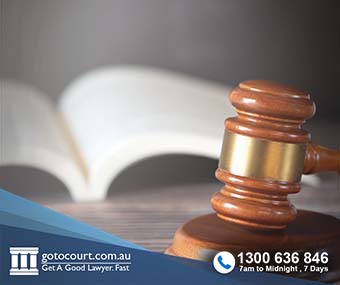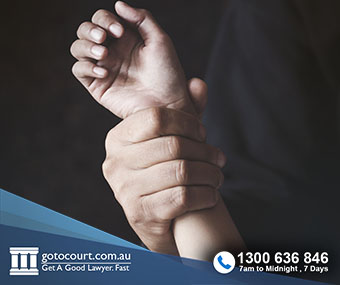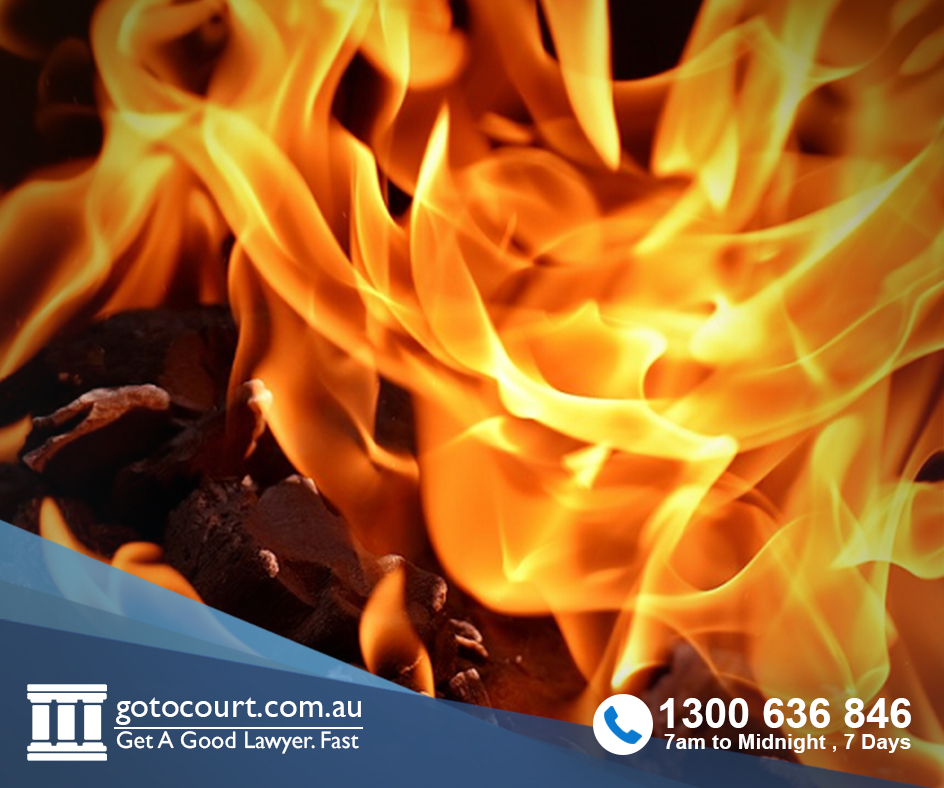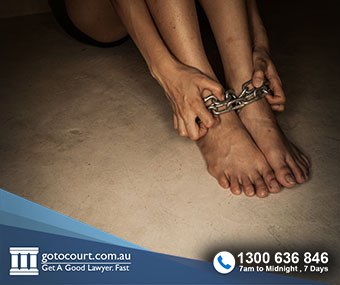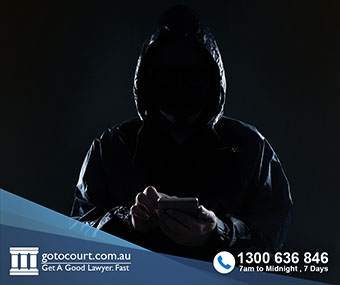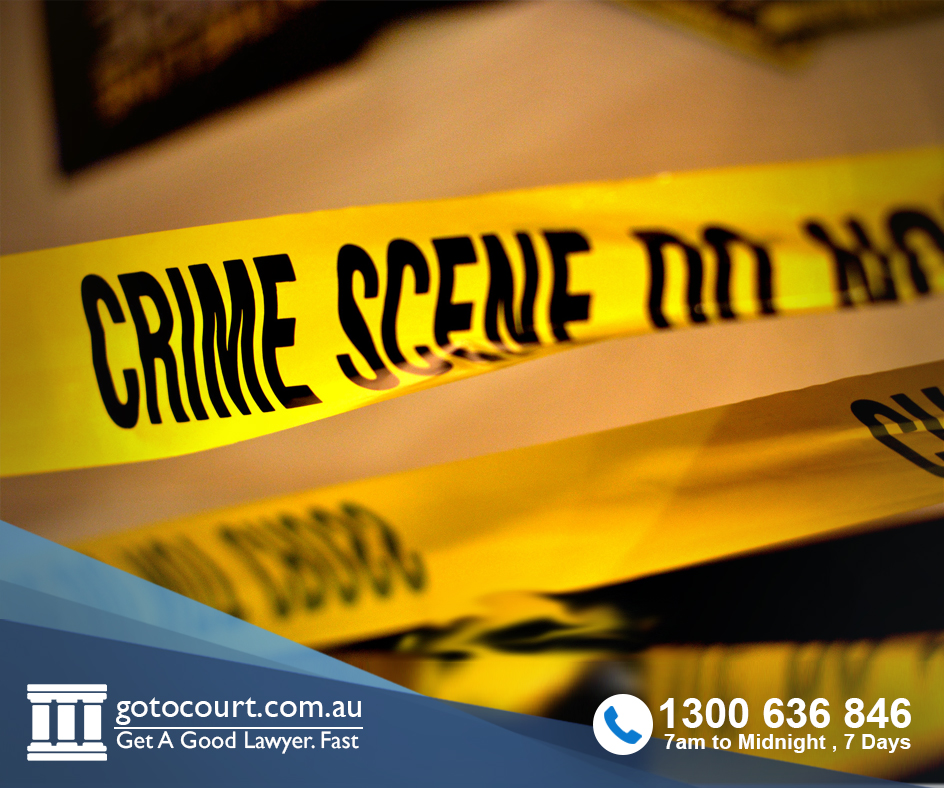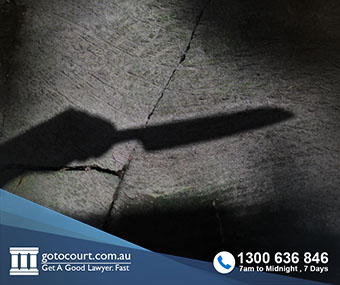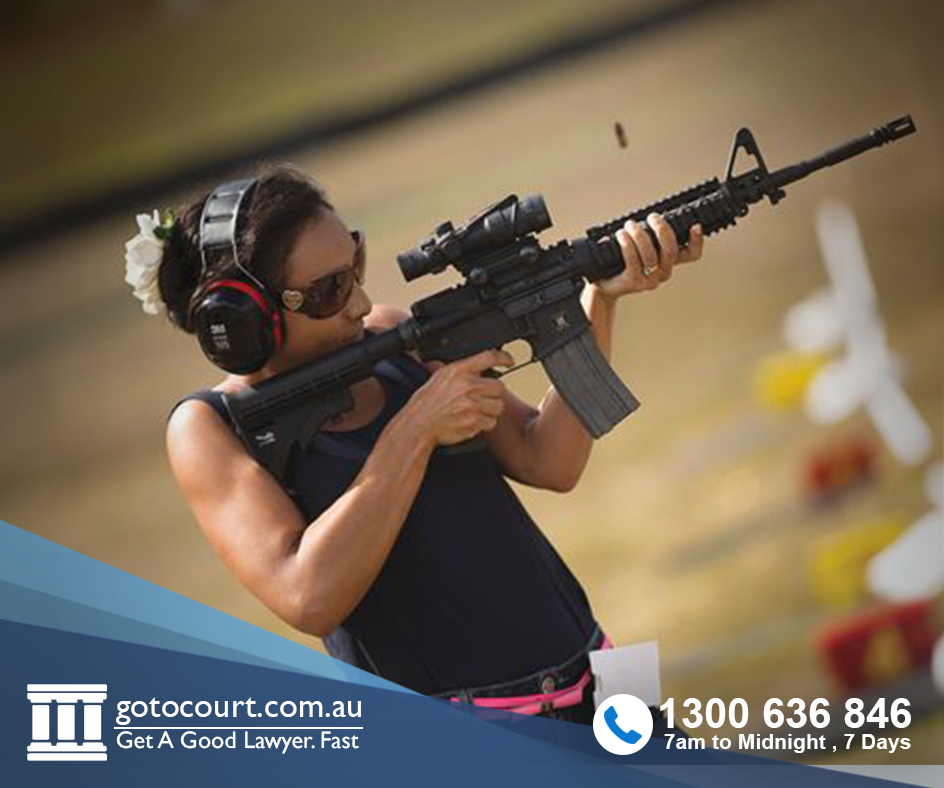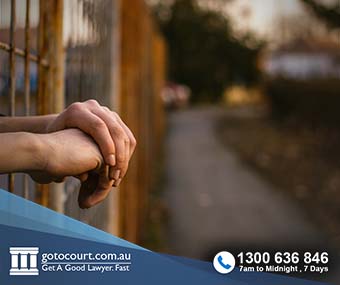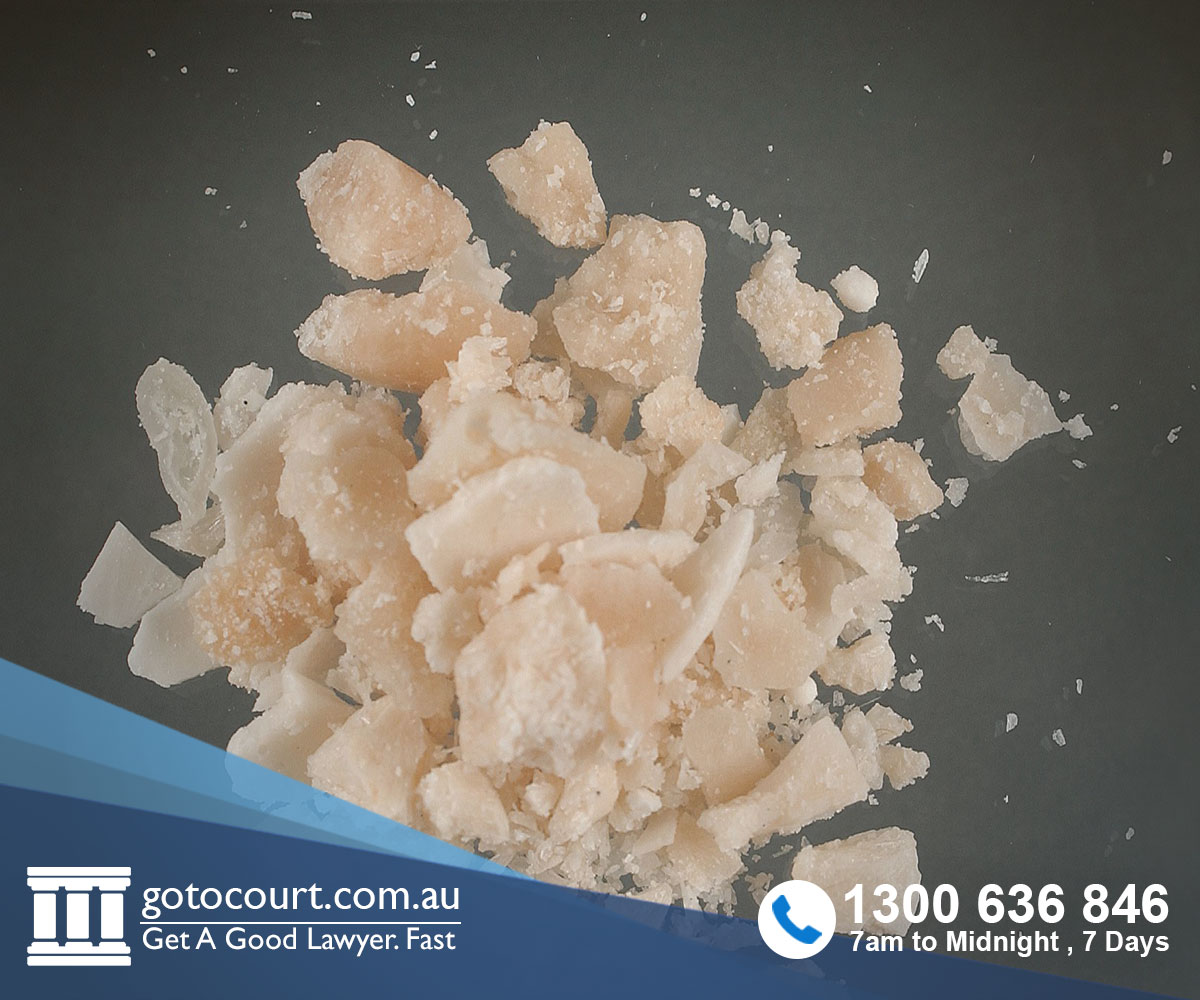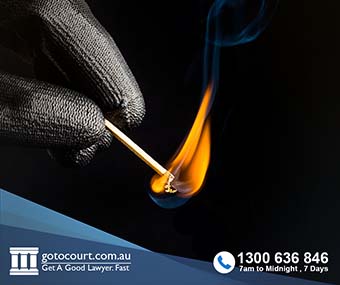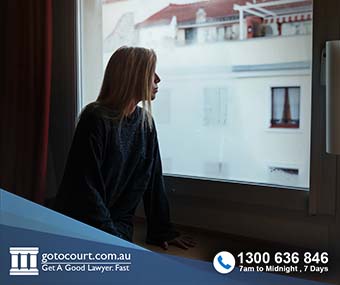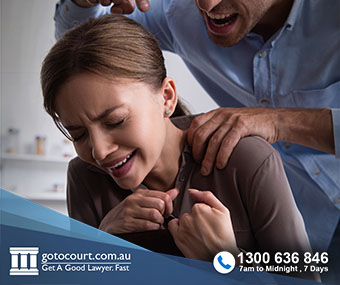Burglary | Enter Dwelling with Intent (Qld)
Burglary | Enter Dwelling with Intent (Qld)
Burglary offences in Queensland are contained in Chapter 39 of the Criminal Code. Burglary is a very serious offence, which carries a maximum penalty of between 14 years and life imprisonment, depending on how the offence is carried out. This page deals with burglary offences in Queensland.
What is burglary?
Under section 419, a person is guilty of a crime if they enter or are in the dwelling of another with intent to commit a crime. It is important to note that the Queensland offence of burglary does not require that the offender enter the dwelling unlawfully, as do the burglary offences of many other jurisdictions.
The maximum penalty for burglary is imprisonment for 14 years.
Aggravated burglary
A burglary is aggravated if:
- the offender enters the dwelling by means of a break
- the offence is committed at night
- the offender uses or threatens violence
- the offender is or pretends to be armed with a weapon
- the offender is in company with another person
- the offender damages or attempts or threatens to damage property.
An aggravated burglary carries a maximum penalty of life imprisonment.
Related offences
There are a number of other property offences contained in the Criminal Code that are related to burglary, but less serious.
It is an offence to enter other premises (ie premises that are not a dwelling) with intent to commit an indictable offence. This offence is punishable by a maximum of 10 years imprisonment (Section 421).
It is an offence to be in possession of things used in connection with unlawful entries, such as housebreaking implements or to be armed with weapons with intent to break into premises (Section 425). This offence is punishable by a maximum of three years imprisonment.
It is an offence, punishable by a maximum of 14 years imprisonment, to unlawfully enter a vehicle with intent to commit an indictable offence (section 427).
Defences
A person charged with a burglary offence may have a legal defence available to them.
Duress
It is a defence to a charge of burglary if the accused was ‘forced’ to commit the offence by threats of serious harm or death by another person.
No intent to commit a crime
It is a defence to burglary if the accused did not intend to commit a crime within the dwelling.
Not a dwelling
If a person is charged under Section 419 and the premise entered does not meet the definition of a dwelling, no finding of guilt can be made. A dwelling is defined in the Criminal Code as a building or structure being occupied as a residence.
Adult crime, adult time
Since 2024, the maximum penalties that apply to burglary offences in Queensland have been the same for all offenders regardless of whether they are adults or young people. A court that is sentencing a young person for a burglary offence may take their age into account when deciding on the appropriate sentence; however, the maximum available penalty is the same as if they were an adult.
Permissible responses to burglary
If a person’s home is burgled, it is lawful for them to use force to defend themself and their property, but only to the extent that is reasonable in the circumstances (section 267). This is consistent with the general criminal law principle that one may act in self-defence when a person’s life, liberty or property are being threatened but must only use the level of force that is proportionate to the threat being faced.
Lethal force is only permissible in self-defence when a person reasonably believes that someone is in danger of being seriously hurt or killed. It is not permissible to use lethal force in defence of property. However, the use of lethal force may be found to have been self-defence if a burglar enters premises and appears to intend to seriously harm or kill its occupants. If a burglar appears to intend only to steal from the dwelling, the use of a lesser level of force will be accepted as self-defence.
If you require legal advice or representation in any legal matter, please contact Go To Court Lawyers.
T

Affordable Lawyers
Our Go To Court Lawyers will assist you in all areas of law. We specialise in providing legal advice urgently – at the time when you need it most. If you need a lawyer right now, today, we can help you – no matter where you are in Australia.How It Works




1. You speak directly to a lawyer
When you call the Go To Court Legal Hotline, you will be connected directly to a lawyer, every time.

2. Get your legal situation assessed
We determine the best way forward in your legal matter, free of charge. If you want to go ahead and book a face-to-face appointment, we will connect you with a specialist in your local area.

3. We arrange everything as needed
If you want to go ahead and book a fact-to-face appointment, we will connect you with a specialist in your local area no matter where you are and even at very short notice.




